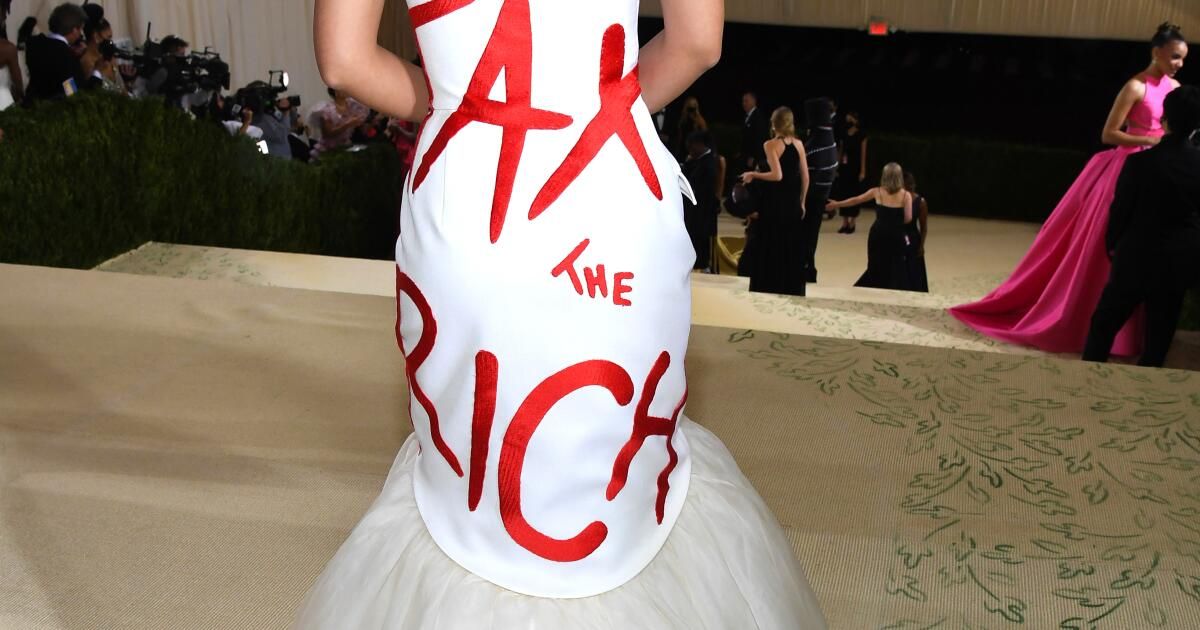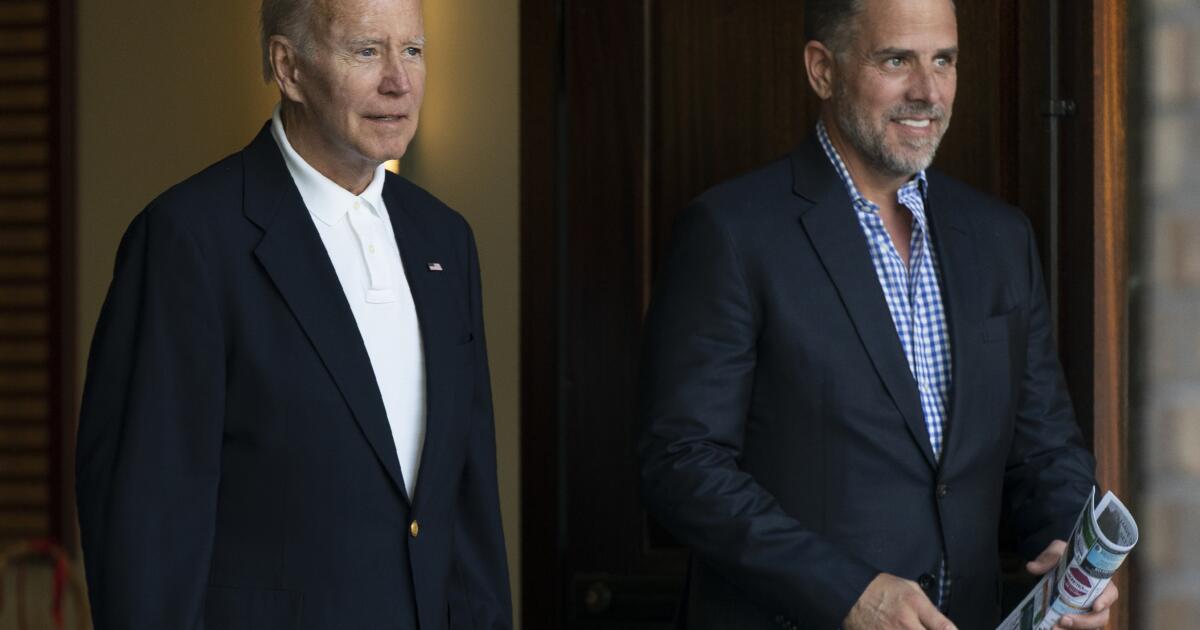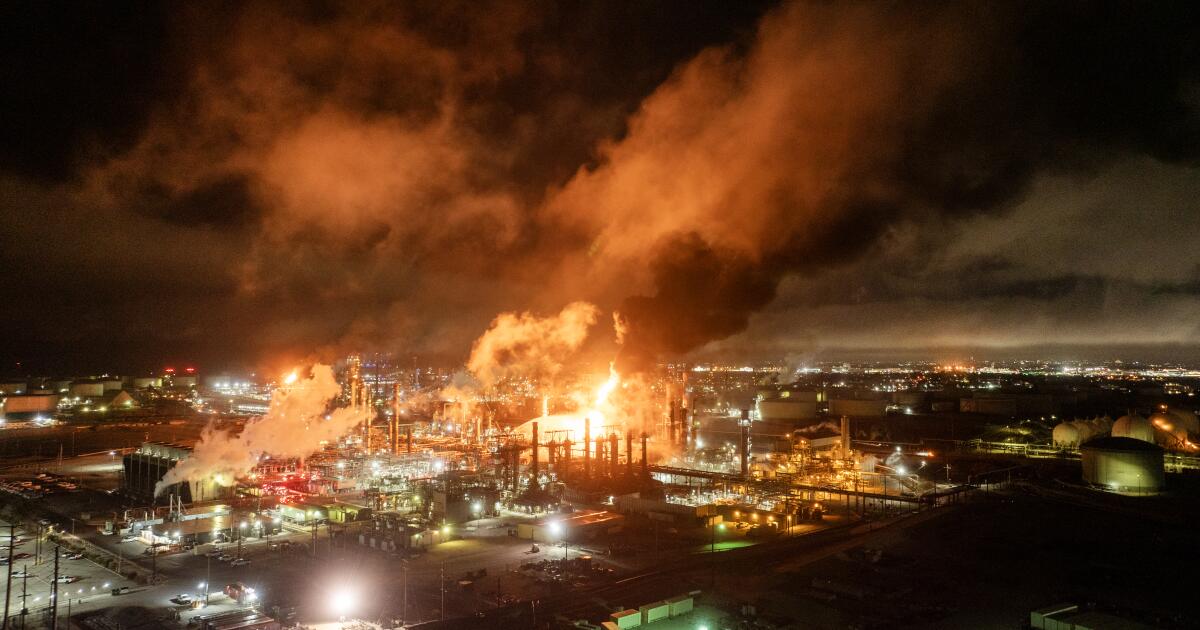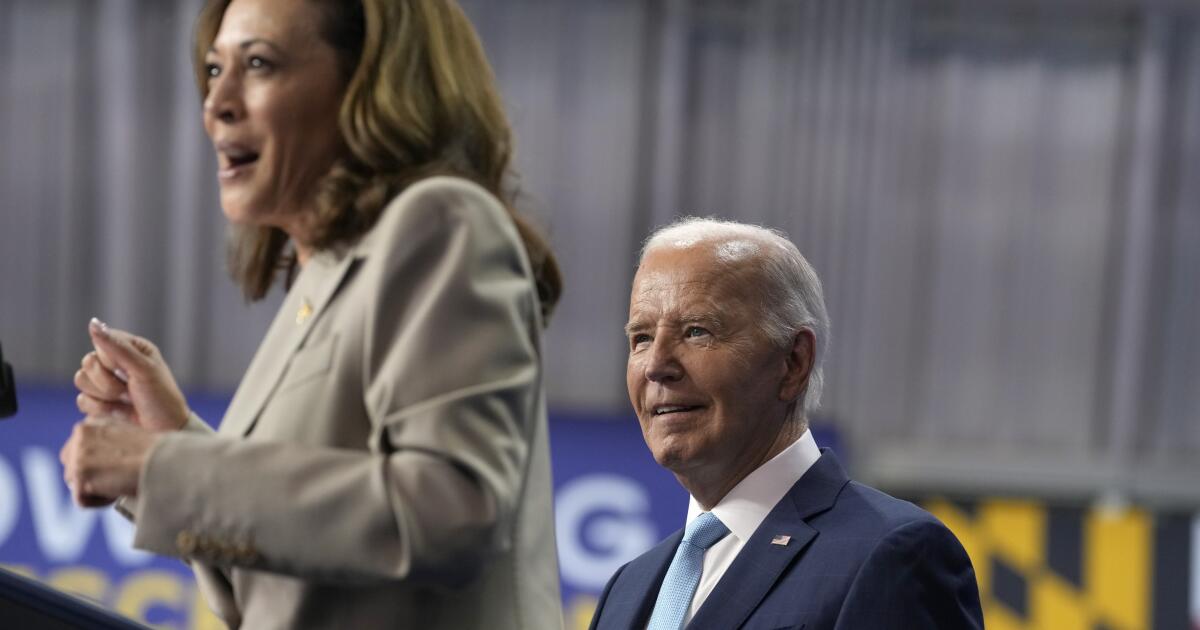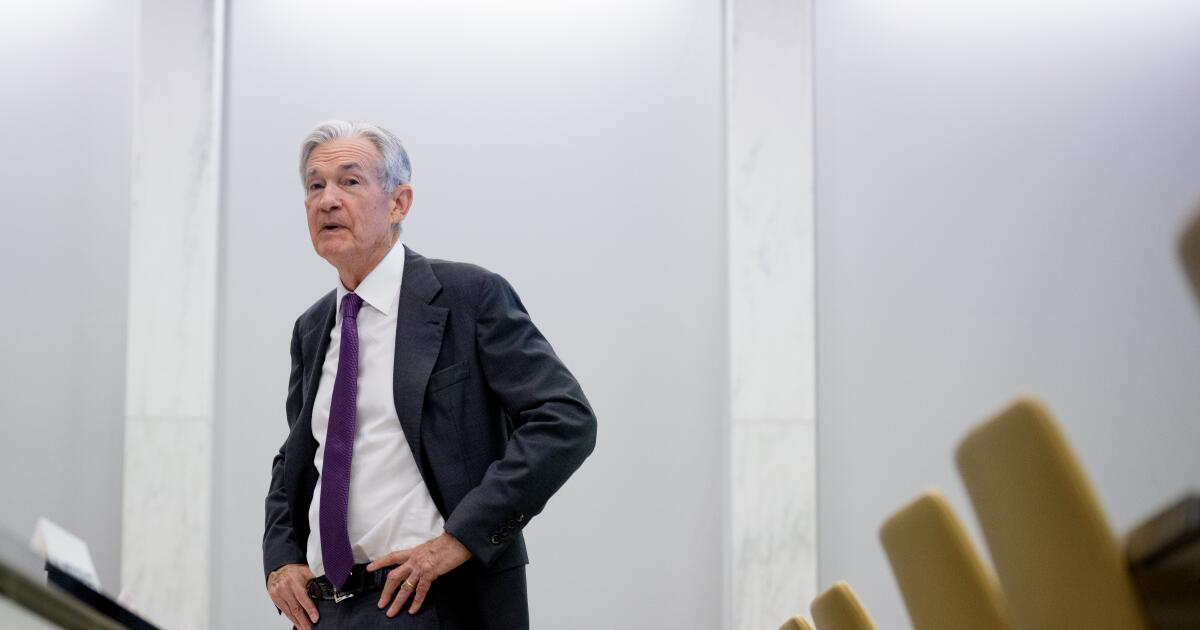“Every billionaire is a political failure.” Alexandria Ocasio-Cortez exemplified this motto when he entered politics and wore the famous motto “Tax the rich” in her dress for the Met Gala. Yvon Chouinard, the billionaire and owner of the outdoor clothing company Patagonia, who became famous for putting profits of your company towards the protection of the Earth, supposedly had a bumper sticker with that motto on his car. And Oxfam said it recently when he published his annual report on economic inequality.
As a political philosopher, I also support this. I call this “limitarism,” in which societies define a limit to the amount of personal wealth an individual can accumulate. But we should be more morally ambitious than simply wanting to part with billion-dollar fortunes. If we carefully analyze the reasons for limiting personal wealth, we might well agree on a much lower maximum limit.
Why should society limit extreme personal wealth?
Excess wealth keeps the poor poor while inequality grows. Research shows that most of the gains that economies make go to those who already have more, while only a small fraction goes to those who have less. This is the case globally, as well as in the United States. Tax deductions disproportionately benefit the rich, whose tax contributions could have supported the poor.
Another important reason is that excess wealth undermines democracy. As I discovered in my research, extreme wealth allows the super-rich to spend fortunes lobbying or donating huge sums to support candidates and political parties, giving them a greater say in political decisions.
Furthermore, the rich and super-rich are disproportionately responsible for climate change. Their lifestyles and investments are responsible for more greenhouse gas emissions than the average person. If they paid taxes for the environmental damage caused by their activities, their properties would be much smaller.
A more fundamental reason to limit wealth? Although many believe that what they get in the market is what they deserve, no one can morally say that they deserve their fortune. Wealth is, to a large extent, the result of factors for which we can in no way take credit. We should recognize the enormous influence of good or bad luck in our lives: including the “natural lottery” ticket we were given when we were born; the family we were born into; the parents and teachers who influenced us deeply. Inheriting a great fortune, a source of wealth for so many rich people, is also pure luck and therefore undeserved. Much economic success has been facilitated by the work and investments of previous generations, and none of us can take credit for those achievements.
If we want to limit wealth so we can address poverty, invest in public infrastructure, protect democracy, end climate destruction, and eliminate unearned wealth, where should we draw the line?
There are two limits to wealth that we must consider: one political and the other ethical. They should be set at different levels. The political level must be decided democratically and incorporated into laws and institutions; The ethical level would be a voluntary and personal decision, in which we can take into account our personal context.
To set the political limit, each society has to ask itself: What is the level of wealth with which a rich person can significantly undermine democracy? What is the level of wealth at which the rich person's corresponding lifestyles harm the environment? What limit could be justified based on what we deserve? What threshold would be high enough to continue incentivizing people to innovate and contribute to the economy? What is the upper limit above which personal wealth begins to become unnecessary spending? We need to estimate the answers to these questions and then strike a balance. This gives us the political limit.
Taking these considerations into account, for a country similar to the Netherlands, where I live, my rough estimate of the political limit would be around €10 million. In the United States, there are reasons why it should probably be higher. For example, Americans lack a public pension system or universal health care, causing many people to feel pressure to save more. Perhaps the political upper limit should be $20 million. But surely not a billion dollars.
To determine the second limit, the ethical limit, we must all answer the question: How much money do I need to live a very good life and meet any special obligations I may have, such as those I have to family members who cannot stand by themselves? ? This limit will depend on our particular circumstances as well as the public and collective provisions that we can count on. The answer will vary between individuals, but that doesn't mean everything is valid.
We must ask ourselves: “When will enough be enough?” And the answer to that question cannot be “one billion.” Surely we should be much more ambitious than that.
Ingrid Robeyns is a professor of political philosophy at Utrecht University and the author of “Limitarism: The Case Against Extreme Wealth.”

